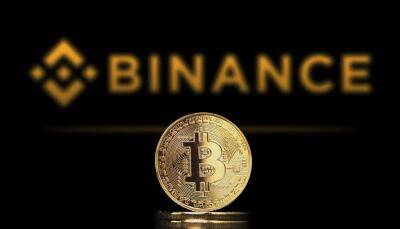A Cure to the SEC’s Sweeping Regulation on Staking Could be Here, Thanks to Vulcan Blockchain
Disclaimer: The Industry Talk section features insights by crypto industry players and is not a part of the editorial content of Cryptonews.com.
Staking? Regulation? What’s the deal? We dig down into the ins-and-outs of crypto staking, regulation, and how renowned investor, entrepreneur, and innovator Bryan Legend has an answer to some hot topics in this article.
In recent years, crypto & blockchain have seen great leads forward in tech, providing unparalleled access to innovative technology for the everyday investor, and no aspect has had as much of an impact as staking. Staking is a revolutionary investment strategy that allows investors to earn passive income without having to buy tokens or coins.
To stake, investors deposit funds into a designated wallet address and lock those funds up for a predetermined period, usually lasting several days to weeks. During this period, investors are compensated for validating transactions and safeguarding the network against malicious actors. The amount of rewards earned depends on the quantity of funds locked up and the duration of the lockup period.
The powerful thing about staking is that rewards are typically paid out in the blockchain network's native cryptocurrency or other tokens, providing users with a chance to earn passive income easily and securely. And with this increase in access, has come a great increase in attention and scrutiny from global regulator bodies.
The US Securities and Exchange Commission (SEC), for example, has already started taking steps to regulate crypto-related activities like staking and earning digital asset income. The extent of regulatory measures that will be implemented once the SEC imposes its ban on these activities is yet to be seen, but it
Read more on cryptonews.com

 cryptonews.com
cryptonews.com











